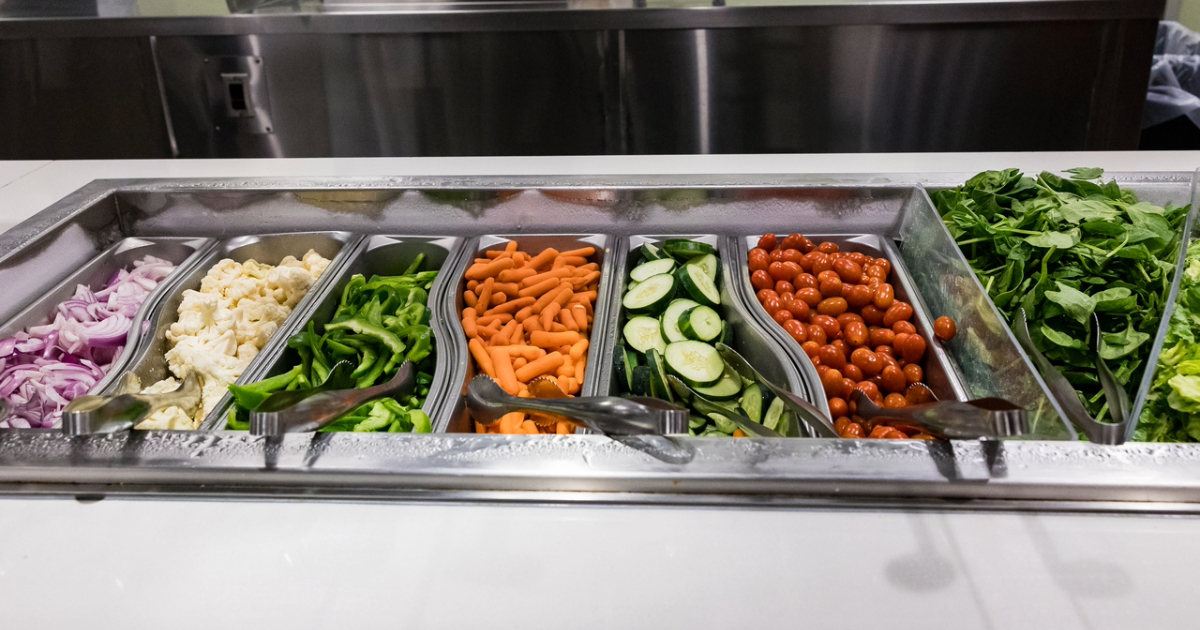

Beyond the Table: National Nutrition Month
March 18, 2024 Written by Jessica Downey | Photo credit: Christopher Ginn
March is National Nutrition Month, and this year’s theme is “Beyond the Table,” which focuses on farm-to-table production and sustainability.
“‘Beyond the Table’ asks what our food choices do for the environment,” said Student Health Services (SHS) nutritionist Amy Wilcoxon. “Am I concerned about my carbon footprint but eating beef everyday? What changes do I need to make to help make the environment livable for future generations?”
Nutritionist Maria Taplin noted that small dietary decisions each day can help students be more environmentally-conscious without breaking the bank.
“To me, this month’s theme means making more informed choices when choosing foods to eat,” said Taplin. “When thinking about sustainability, students can consider where their food is coming from while also keeping the cost in mind.”
Taplin acknowledged how difficult it can be to navigate healthy choices in the dining hall setting.
“It’s important to adequately fuel your body as a busy college student, including foods you enjoy and developing a healthy relationship with food. Eating in the dining halls can be challenging,” said Taplin. “There are a variety of options that can feel overwhelming or you might feel limited if you don’t like some of the options available. Taking a look at Campus Dish ahead of time can be helpful to view menus at different dining locations on campus.”
Wilcoxon suggested ways to build the best plate based on what is being served that day.
“When you go to the dining hall, pay attention to what you are in the mood for and how hungry you feel,” she said. “Take a look around for your choices, looking for something with protein, such as chicken, fish, beans, tofu or other meats, then include a carb and try to make half your plate fruits or vegetables. When you feel the options are limited, look at the cold or warm salad bars. Can you make a plate out of something there? What about peanut butter and jelly with carrots and another side?”
Wilcoxon emphasized the importance of enjoying what you eat to make sure that you’re eating enough throughout the day.
“Fasting is not ideal for college students,” she said. “They need their brains to put their best feet forward and to keep up with all of their activities. We should not be eating all day, but we should be eating every three to five hours while awake. Balance your plate to include fiber and protein, but also to include joy. Optimally, we are eating for the strength, power and fuel that food gives us, but we are also eating foods we really like.”
If you find yourself struggling with your nutritional goals this month or any time of year, make an appointment with a nutritionist. Call 302-831-2226 to schedule an appointment and learn more on the SHS nutrition services webpage.
“We all need to eat, so taking time to become more self-aware of any nutrition issues you may have or any improvements you’d like to make can certainly benefit you and your health in the long run,” said Taplin. “The nutritionists at Student Health Services are here to support wherever you are in your journey to optimal nutrition and can answer any questions you may have along the way.”
